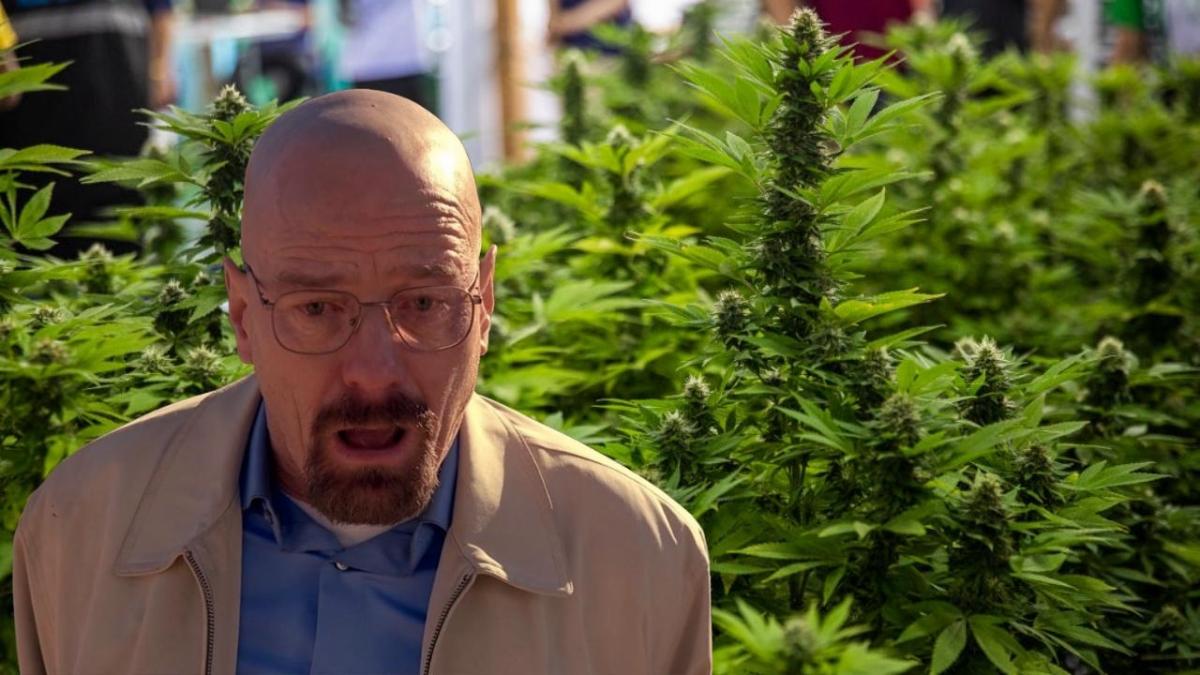
This year has seen us plunged into a widespread cost of living crisis during an extended period of wage stagnation and many people, myself included, have been having a tougher time as a result. Even though I have a full-time job, I’ve started selling weed to make ends meet.
Inflation has spiked and the working class’ share of national GDP has shrunk by $49 billion since 2013. To put it simply: everything is more expensive and we’ve got less money to buy it with. I wasn’t keen to start committing petty theft and I doubt I’ll be getting a raise any time soon, so this was how I decided I would get by.
Despite its recent political yassification, Queensland’s still a deeply conservative place when it comes to drugs. I know this because I recently spent some time acquainting myself with our state’s drug laws, to find out what kind of trouble I could get into over the quarter-pound of Weed™ sitting in my wardrobe, divvied up neatly into hand-labelled bags and ready for sale.
I now know that the maximum penalty for supplying marijuana in Queensland is a positively eye-watering 20 years — although I imagine the average small-time dealer probably gets off with a lighter sentence if caught.
The prospect of going to jail doesn’t thrill me, but I had a good reason to start dealing. After I’ve taken a small cut to pay my own bills, the rest of it is for the homies; whether they need money for groceries, rent, a phone bill, or just want something nice for a change. These people deserve the world in my mind, and I’m willing to risk my freedom giving them even some small part of it.
A popular piece of contemporary mythology is the “side-hustle”, which perfectly embodies the corrosively individualistic nature of modern life. The core sentiment underpinning both the side-hustle, and hustle culture in general, is that the individual bears sole responsibility for the improvement of their own material conditions.
And to the average person this probably seems agreeable enough! You want something, you go get it. It’s a refreshingly simple doctrine on its face.
But if we examine the things we’re allowed to want and how we’re allowed to get them, the cracks begin to show.
We consider someone fortunate if they’re allowed to hunch over a desk and overwork themself in exchange for a tiny slice of the pie. Part of this is the perceived luxury of being able to afford one’s own survival: accomodation, food, water, electricity, etc. Not exactly a high-water mark for quality of life is it?
And yet, alternative methods for achieving this existential bare minimum are outlawed, to eradicate any way of supporting oneself that doesn’t directly contribute to the heaving piles of riches accrued by the state and private business.
All of it comes together to form a picture of a ruling class which bears neither love nor hostility towards us, but apathy.
Depending on how kind or unkind life has been to you, you may feel the effects of this apathy keenly, or not at all. I fall somewhere in the middle; I have a full-time job and no debt besides my HECS loans. Despite this, I now have a stint at Wacol stashed in my room, just to make sure my loved ones and I can get by.
So what the fuck are less fortunate souls to do? The unhoused, the poor, the disabled — how are they supposed to “make do”? Are they also expected to simply make their own way? With what? And by which means?
This is the impossibly vast chasm that exists between what capitalism promises and what capitalism delivers. What’s more, we win no prizes for recognising this disconnect — the knowledge simply festers like an impacted wisdom tooth you can’t afford to have removed, and rots away at the communal instincts we depend on for happiness and fulfilment.
So, what do we do with a system like this? A system in which the cruelty is the point, and we’re forced to bear its full weight while watching our loved ones suffer the same. A system that demands we pull ourselves up by our bootstraps but then strikes us down if we don’t do it in a way that serves capital. A system that happily punishes individuals for ostensibly minor crimes, but encourages the wholesale theft and ransacking of our wellbeing by those the system was built for in the first place.
Ideally we tear it down. But for now, we get by, and we try our hardest to help others do the same.
The author of the piece has obviously asked to remain anonymous. They’ve asked we share a link to donate to the Antipoverty Network instead.



